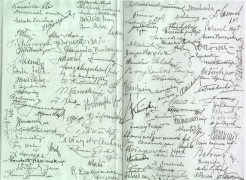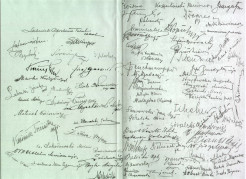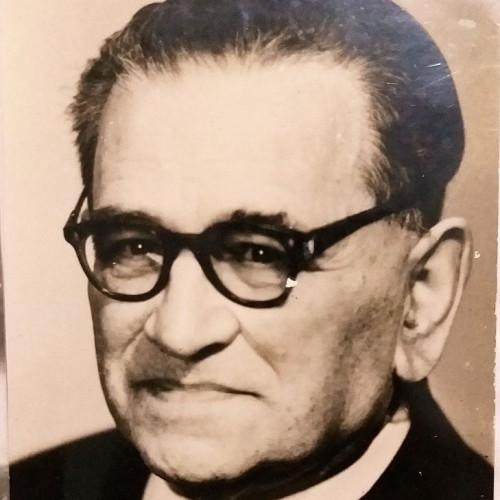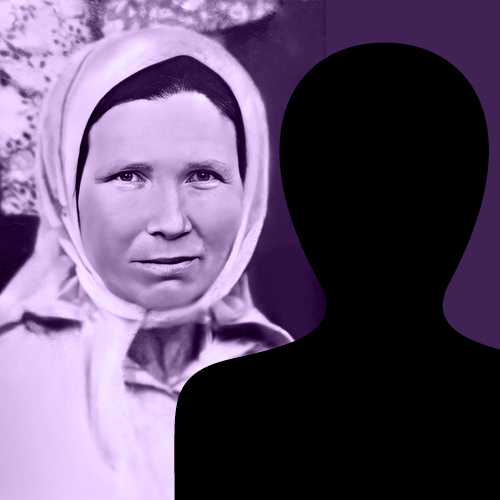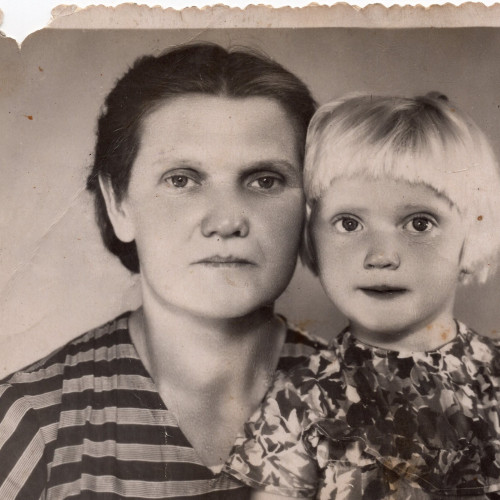gen. Lóránd Utassy (1897— 1974) - Instytut Pileckiego
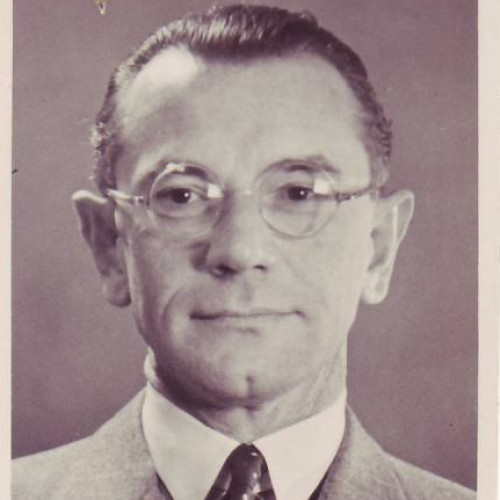
Utassy denied the Gestapo access to the internment camps and refused to surrender Polish soldiers. He also participated in talks with the Red Cross, aiming to establish it as the representation of Poles who had found themselves on Hungarian soil.
On 17 September 1939, the Commander-in-Chief of the Armed Forces ordered Polish troops to withdraw from the territory of Poland, by then occupied by both the Third Reich and the Soviet Union. Those soldiers who crossed the border to the Kingdom of Hungary were interned in POW camps — in spite of Hungary’s alliance with Hitler, the government of Miklós Horthy steadfastly refused to surrender the Polish internees to the Germans. When in October 1943 Lóránd Utassy was appointed head of the 21st Department for Prisoners of War and Internees in the Honvéd Ministry, thousands of Polish soldiers were entrusted to his care. Utassy — a solider and an experienced diplomat who had previously served as his country’s military attaché to London — succeeded Zoltán Baló, who was dismissed after accusations were made by the German embassy that he took part in organizing transfers of Polish soldiers to Western Europe. Despite growing pressure from the Germans, Utassy continued the policy of his predecessor.
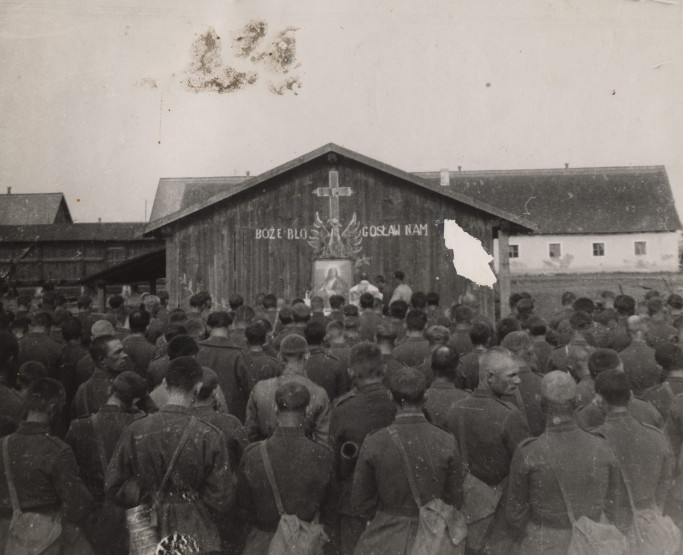
When half a year later the Hungarian fascists assumed power, Utassy was arrested and deported to several German concentration camps in succession. In 1951, the Communist authorities branded him an “enemy of the people” — he was demoted and had part of his property confiscated. He was rehabilitated in 1990 and promoted to the rank of general.
fot. Utassy family collection
See also
- Pedro Correia Marques

awarded
Pedro Correia Marques
(1890–1972)It began with penning short articles and tidying the editorial office of the “Rosário” monthly, where he had been working since 1909. By the late 1930s, Pedro Correia Marques headed “A Voz,” the most widely read daily newspaper in Portugal.
- Anastasija Koreń (1908–1967) Mykoła Koreń (1905–1944)

awarded
Anastasija Koreń (1908–1967) Mykoła Koreń (1905–1944)
On the evening of 15 July, Mykola’s brother-in-law appeared at the Korens’ doorstep, accompanied by four children of their neighbors, the Adamowiczs: nine-year-old Teresa, five-year-old Janusz, three-year-old Stasia and one-and-a-half-year-old Henio.
- Zinaida Giergiel z d. Radczuk (1912—1989)

awarded
Zinaida Giergiel z d. Radczuk (1912—1989)
Zinaida Giergiel suspected that after being chased out of their homes and suffering from hunger, the Poles would attempt to return to their farms. She was able to warn polish family that a unit of the OUN/UPA was waiting for them in the house.
